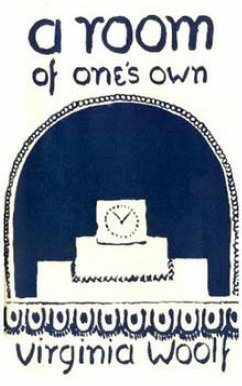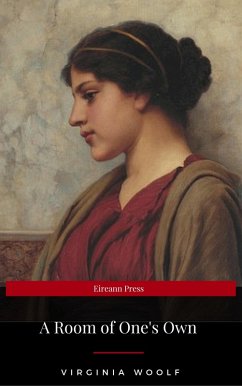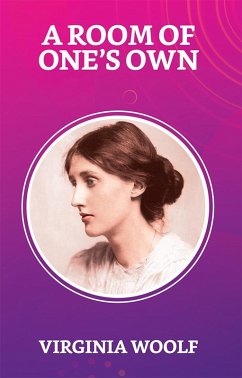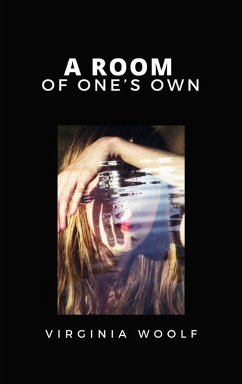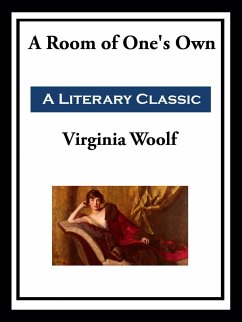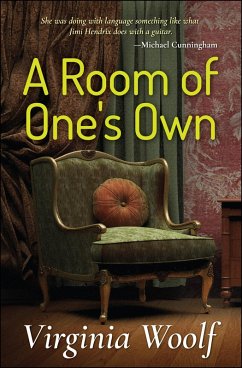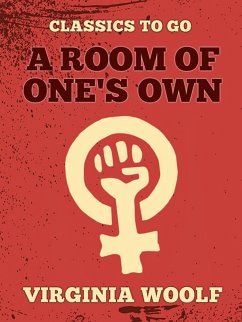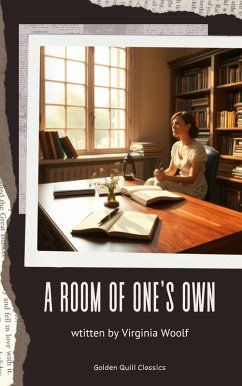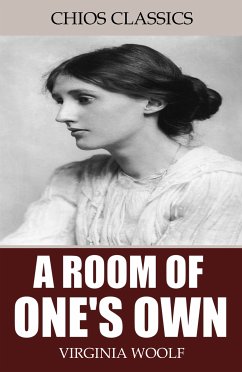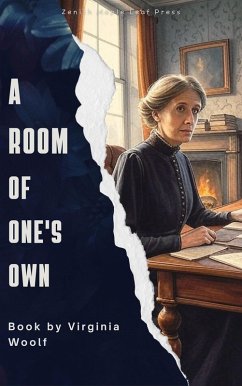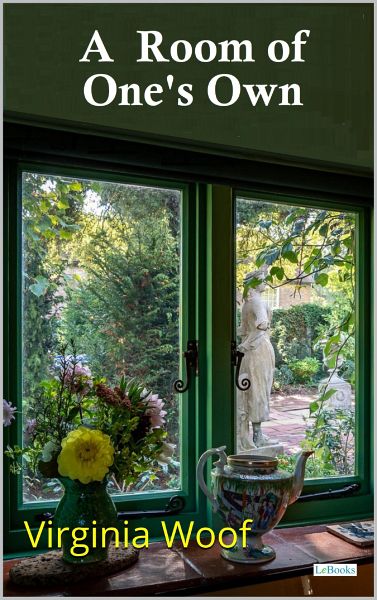
A Room of One's Own (eBook, ePUB)
Virginia Woolf

PAYBACK Punkte
0 °P sammeln!
A Room of One's Ownis an extended essay based on two lectures that Virginia Woolf delivered at Newnham College and Girton College, two women's colleges at the University of Cambridge, in 1928. In this work, Woolf explores the societal and material conditions required for women to write and produce literature. The central thesis of A Room of One's Own is encapsulated in Virginia Woolf's assertion that "a woman must have money and a room of her own if she is to write fiction." Woolf argues that women have been systematically denied the financial independence and private space necessary to create...
A Room of One's Ownis an extended essay based on two lectures that Virginia Woolf delivered at Newnham College and Girton College, two women's colleges at the University of Cambridge, in 1928. In this work, Woolf explores the societal and material conditions required for women to write and produce literature. The central thesis of A Room of One's Own is encapsulated in Virginia Woolf's assertion that "a woman must have money and a room of her own if she is to write fiction." Woolf argues that women have been systematically denied the financial independence and private space necessary to create literary works. She examines the history of women in literature and highlights the difficulties they faced in pursuing their artistic ambitions.
Dieser Download kann aus rechtlichen Gründen nur mit Rechnungsadresse in A, B, BG, CY, CZ, D, DK, EW, E, FIN, F, GR, H, IRL, I, LT, L, LR, M, NL, PL, P, R, S, SLO, SK ausgeliefert werden.





